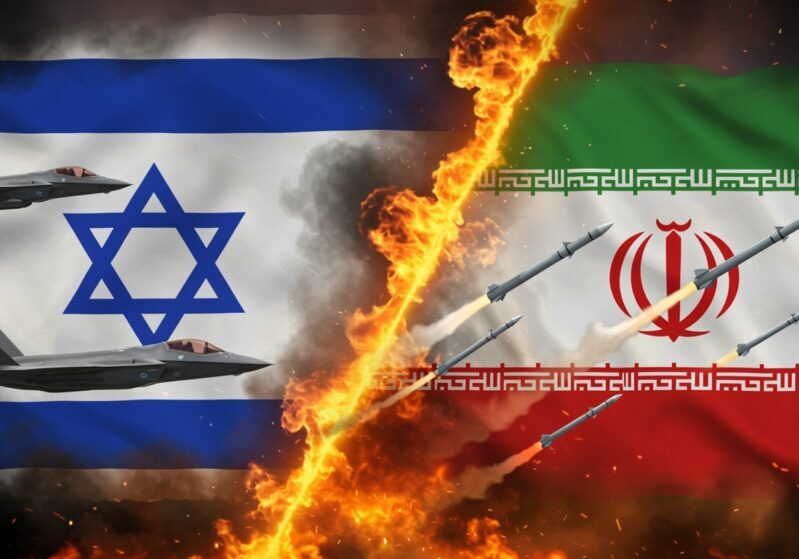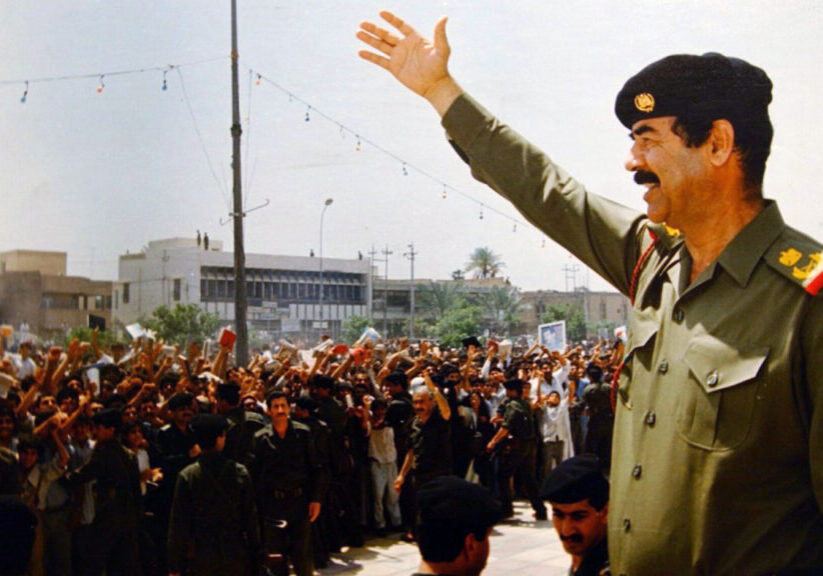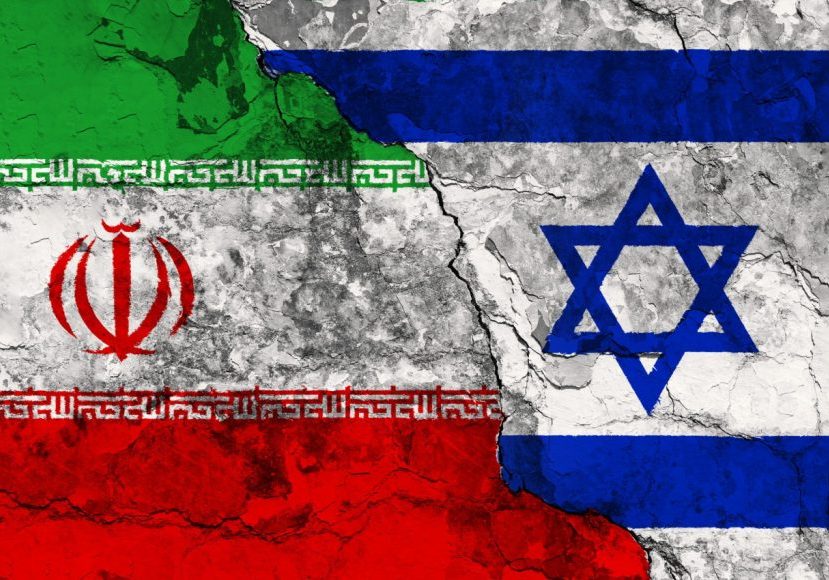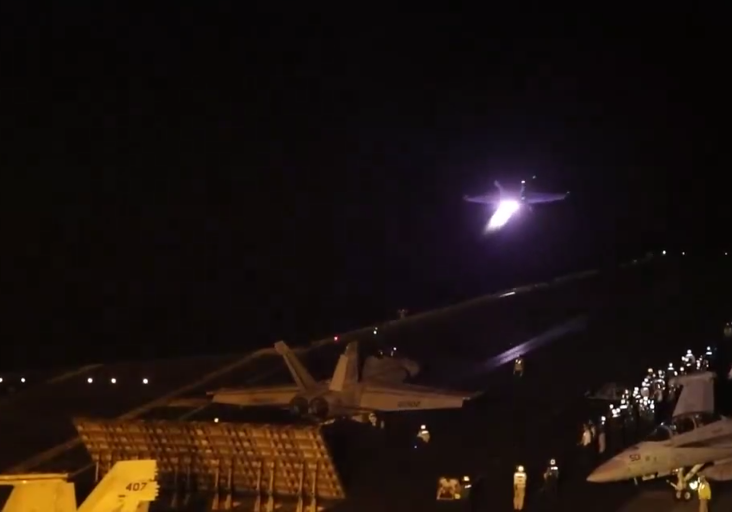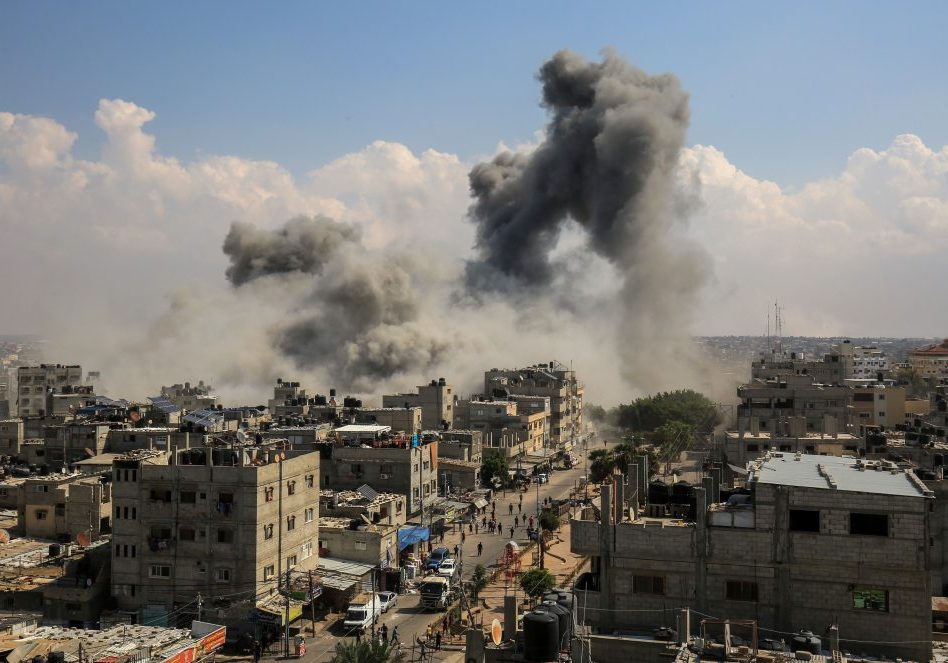Australia/Israel Review
Back to Iraq
Sep 24, 2014 | Oded Eran
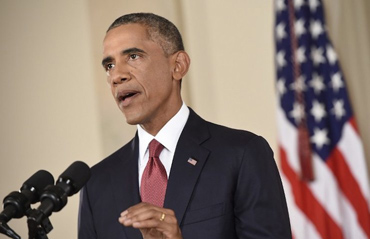
Oded Eran
President Obama’s Sept. 10 address to the American nation regarding the new US strategy against ISIS leaves many issues unclear, chief among them, what underlies the change in US policy regarding the extremist organisation. Both Obama’s speech and public statements by senior American officials offer a variety of reasons for this shift in posture.
In an address delivered at the White House on Aug. 28, the President stressed his commitment “to protect the American people and defend against evolving threats to [the] homeland.” He asserted that ISIS poses a danger to the peoples of the region, and therefore, “military action in Iraq has to be part of a broader, comprehensive strategy” to protect the American people and United States’ partners in the struggle against ISIS.
In his Sept. 10 address, Obama reiterated that ISIS poses a threat to the United States and its allies (although he acknowledged having no knowledge of specific impending attacks). According to the President, thousands of foreign citizens who have joined the organisation are gaining experience in their current combat activity and may try to carry out deadly attacks after returning to their home countries.
In a statement in Baghdad on Sept. 10, Secretary of State Kerry stressed the need to deny ISIS physical space and preserve the territorial integrity of Iraq. The different statements also make mention of the threat posed to US citizens and installations in Iraq itself. Still, the question remains: What happened in August 2014 that caused this change in American policy, beginning with the airstrikes and followed by the creation of a strategy revolving around the mobilisation of a broad coalition against ISIS?
The two major events apparently responsible for this change are first, ISIS’s conquest of territory close to Baghdad and of Mosul, the major city of northern Iraq and the capital of a region that is rich in deposits of energy sources, and second, and perhaps most importantly, the removal of Iraqi Prime Minister Nouri al-Maliki from office. A Shi’ite openly friendly toward Iran, al-Maliki served as Prime Minister of Iraq from 2006. His relations with the United States and Saudi Arabia were tense due in part to his ties with Iran. On Aug.14, under substantial domestic and international pressure, al-Maliki stepped down and was replaced by Haider al-Abadi. Both Obama and Kerry have repeatedly stated that for more than a year, they had emphasised to al-Maliki the threat posed by ISIS, but that “he was not as responsive perhaps as we would have liked.” Al-Maliki’s removal from office now enables the United States and the coalition emerging under its leadership to help Iraq build, train, and outfit a military force – the National Guard.
Obama and other senior American officials have made use of a number of key points to describe the aims of the military operation, most commonly the erosion and destruction of ISIS capabilities. Indeed, President Obama stated recently that the goal is not the containment of ISIS, as stated by Kerry, but rather its destruction. The President acknowledged that it is impossible to eliminate all ISIS operatives, but he has stressed repeatedly that the United States will continue to “hunt them down.”
The following list of US goals regarding ISIS emerges from statements by senior American officials:
- To inflict damage on ISIS capabilities, primarily in Iraq, but also in Syria;
- To reduce ISIS’ area of operations and the territory under its control;
- To provide assistance to the Iraqi National Guard in the form of training and equipment; 475 additional American advisors were recently sent to Iraq for this purpose;
- To provide Iraq with intelligence support;
- To block sources of funding to ISIS;
- To obstruct the flow of foreign volunteers seeking to join the organisation; and
- To provide humanitarian aid.
The public statements do not disclose the understandings between the United States and the new Government in Baghdad regarding the duration of the military operations and the coordination between the National Guard and other forces, such as Kurdish military forces and various members of the coalition.
In the war against ISIS, President Obama will need to contend with a number of political questions on the domestic and the international level. Trends in US public opinion are quite clear. According to a survey carried out in early September, two-thirds of respondents gave Obama a negative approval rating, and almost half expressed the belief that the United States is less safe now than it was on the eve of the September 11, 2001 terrorist attacks – highly unflattering results, to the say the least.
The percentage of respondents who were aware of the recent beheadings of the two US citizens stood at 95%, surpassing the level of awareness of any other news event covered by the two media outlets in recent years. The survey also revealed that 40% of respondents supported US air strikes in Iraq, and that 34% expressed support for combined air and ground strikes (taken together, then, 74% were in favour of air strikes in Iraq).
Since these statistics are clear indicators of United States public opinion, Democratic and Republic Congressional leaders will find it difficult to impose any serious legislative obstacles, especially if the President continues to keep them apprised of developments. Future problems may arise if the air strikes and other military operations fail to produce clear outcomes and ISIS is not weakened, let alone if it expands its operations to elsewhere in the Middle East or other arenas.
The subject of ISIS was also broached during the NATO Summit Meeting in Wales on Sept. 4 and 5, documented at length in the Summit’s concluding statement. However, whereas with regard to the second issue concerning European leaders today – Russia’s invasion of Ukraine – the NATO leaders decided on the establishment of a “rapid response force” (although nowhere is it stated explicitly that this force is meant to operate against Russia), no operative resolution was passed with regard to ISIS. Several European countries harbour definite concerns regarding the return of hundreds and perhaps even thousands of their own citizens with experience in warfare and the use of weaponry, which might be put into action at home.
At the same time, and despite Obama’s reference to the potential threat to “the homeland,” the NATO Summit decisions made no mention of Section 5 of the NATO Charter, which obligates mobilisation for the defence of a NATO member under attack. Likewise, only a small number of the leading NATO members were quick to join the coalition the United States is forming. Especially important to the United States is the participation of Turkey, particularly due to the deep Sunni character of Turkish society and its current governing regime. However, Turkey’s refusal to permit use of its space for attacks in Syria and Iraq (similar to its behaviour in 2003) raises many questions regarding its value as a US ally.
Another open question concerns US policy toward Syria and Iran, despite clear statements made by senior US Government officials. President Obama mentioned the possibility of air strikes against targets related to ISIS in Syria, and while he has expressed unequivocal opposition to Syrian President Bashar al-Assad, he clearly regards neither Assad nor the forces loyal to the Syrian President as a target of American military action. Obama and others have not addressed the issue of ISIS operations in Lebanon, where the group and associated groups are being fought by Hezbollah. The possibility of cooperation with Iran has been ruled out explicitly, but Iran’s deep involvement in developments in Iraq makes it questionable whether the United States will be able to continue to disregard Iran in the long term. The new Iraqi Government, courted by the United States, is primarily Shi’ite and will also continue looking toward Teheran.
President Obama concluded his September 10 address with the idea of United States leadership in the international arena. Since being elected president, Obama has been criticised at home and by US allies in Europe and the Middle East for skirting responsibility in various regions of tension. America’s “leadership from behind” against Gaddafi in Libya failed to convince anyone otherwise, and the nearly 200,000 civilians killed in Syria without the United States attempting to stop Assad with even minimal use of military force is a subject raised in many of Obama’s encounters with the media.
The decision to take action in Iraq – to save the lives of minorities, among other reasons, as explained by the President and senior administration officials – can be expected to sharpen the question of how the blood of these minorities differs from the blood of the Syrians who have been butchered or turned into refugees.
Still, the United States’ mobilisation for the struggle against ISIS will improve its standing among the moderate pro-American countries of the Middle East, which were fear-stricken by what their leaders regarded as the American retreat and abandonment of its allies. Air strikes may not be the equivalent of the military presence on the ground that US administration leaders are so careful to rule out, but they are a signal to all sceptics that it is still too early to eulogise the United States as the leader of the free world.
Dr. Oded Eran is a senior research fellow at the Institute for National Security Studies (INSS) at Tel Aviv University. Previously he had a long career in Israel’s Ministry of Foreign Affairs and headed Israel’s negotiations team with the Palestinians (1999-2000). © INSS, reprinted by permission, all rights reserved.
Tags: Iraq

